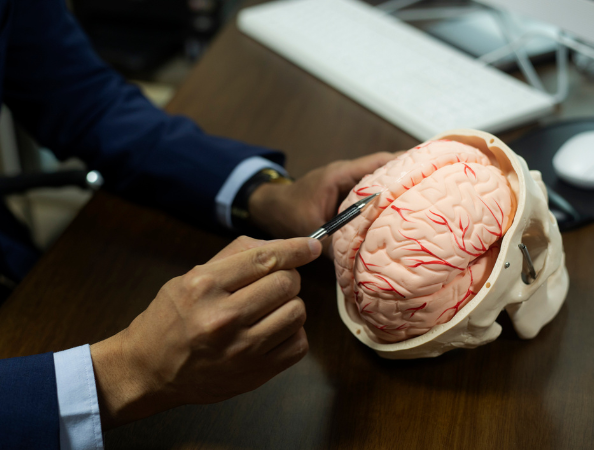Elon Musk issues a worrying warning about AI, saying the 'human limbic system will be destroyed'

Recently, Elon Musk, the founder of companies like Tesla and SpaceX, reignited the debate on social media after making some forceful statements about the future of humanity and its relationship with artificial intelligence.
The tycoon's controversial predictions were made known through his X account, in which he pointed out that the creation of technological systems to automatically complete tasks would not only impact people's health, but also the global birth rate.

Elon Musk, founder of SpaceX. Photo: Jim Watson. AFP
“AI is obviously going to destroy the human limbic system in one fell swoop,” the post reads, referring to the part of the brain responsible for regulating emotions, memory, and certain basic instincts.
However, this wasn't the only statement the entrepreneur dared to make, as he mentioned that artificial intelligence doesn't transform people's minds and will have an impact on the planet's demographics.
“I predict—counterintuitively—that the birth rate will increase. Mark my words. And we’re going to time it that way,” Musk stated forcefully on the X platform.
Although both ideas can be considered contradictory, they have generated curiosity among social media users, who highlight the magnate's distinctive style.

Musk claims that AI influences social interaction. Photo: iStock
According to the Queensland Brain Institute, located in Australia, the limbic system is a part of the brain that is responsible for generating behavioral responses , especially when the human being finds himself in a survival situation.
According to the organization, these solutions are related to feeding, reproduction, and care of the little ones, as well as responses in fight-or-flight situations.

Elon Musk warns about the effects of AI on the limbic system. Photo: iStock
The institute also indicates that this system is located below the cerebral cortex, above the brainstem, so this group of brain structures helps regulate individuals' emotions and behavior.
Furthermore, it is involved in the formation of long-term memory, which means that malfunctioning can lead to difficulties in social interactions, mood swings, and problems remembering.
DIGITAL REACH EDITORIAL
More news in El Tiempoeltiempo




%3Aformat(jpg)%3Aquality(99)%3Awatermark(f.elconfidencial.com%2Ffile%2Fbae%2Feea%2Ffde%2Fbaeeeafde1b3229287b0c008f7602058.png%2C0%2C275%2C1)%2Ff.elconfidencial.com%2Foriginal%2F922%2F2e8%2F433%2F9222e8433bd7856800b55109ce570508.jpg&w=1280&q=100)